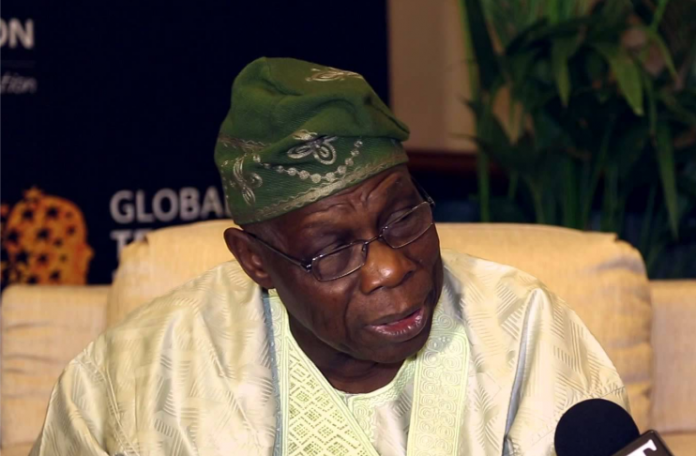
A former president, Chief Olusegun Obasanjo has stated that state governors are more powerful than the President of the country, noting that the states’ chief executives have a lot of power.
Speaking in an interview with African Arguments, Obasanjo said he does not believe in true federalism, butressing his position thus: “Why are they (the governors) not accountable? What powers do they not have? They have power.
“In fact, state governors are more powerful than the president. That’s the truth.
“(So) if anybody tells you they want devolution or true federalism, he doesn’t know what he is talking.”
He went on to point out that President Muhammadu Buhari has not done enough to tackle economic recession and unemployment, especially as regards sustainability.
“Buhari has made some announcements. He has tried to keep on going in the area of agribusiness, but not enough. It is not yet enough to prepare the ground for uninhibited growth of the economy, which we need,” he said.
Obasanjo continued, “Is Buhari doing enough about it (youth employment)? I don’t believe he is. Can he do enough about it? Of course he can.
“He (Buhari) has tried to keep on going in the area of agribusiness, but not enough. It is not yet enough to prepare the ground for uninhibited growth of the economy, which we need.
“Youth empowerment, skill acquisition and youth employment – education must be able to do that. If you do that, the ticking bomb of possible youth explosion out of restiveness and anger will subside.”
He warned that if “youth empowerment, skill acquisition and youth employment – education are provided ‘’the ticking bomb of possible youth explosion out of restiveness and anger will subside.”
The former president observed that most youths agitating or protesting for the sovereign state of Biafra do not know why they are doing so.
According to him, “The protesters don’t even know what the struggle is all about, but if it gives them false hope, why not hang onto it?
“Let the elders handle it or ignore it until it loses momentum.
“There are elders in any community who are still respected…After all, they’re their fathers and mothers, grandfathers and grandmothers, and can still be used effectively.”
 DailyrecordNg …Nigeria's hottest news blog
DailyrecordNg …Nigeria's hottest news blog








